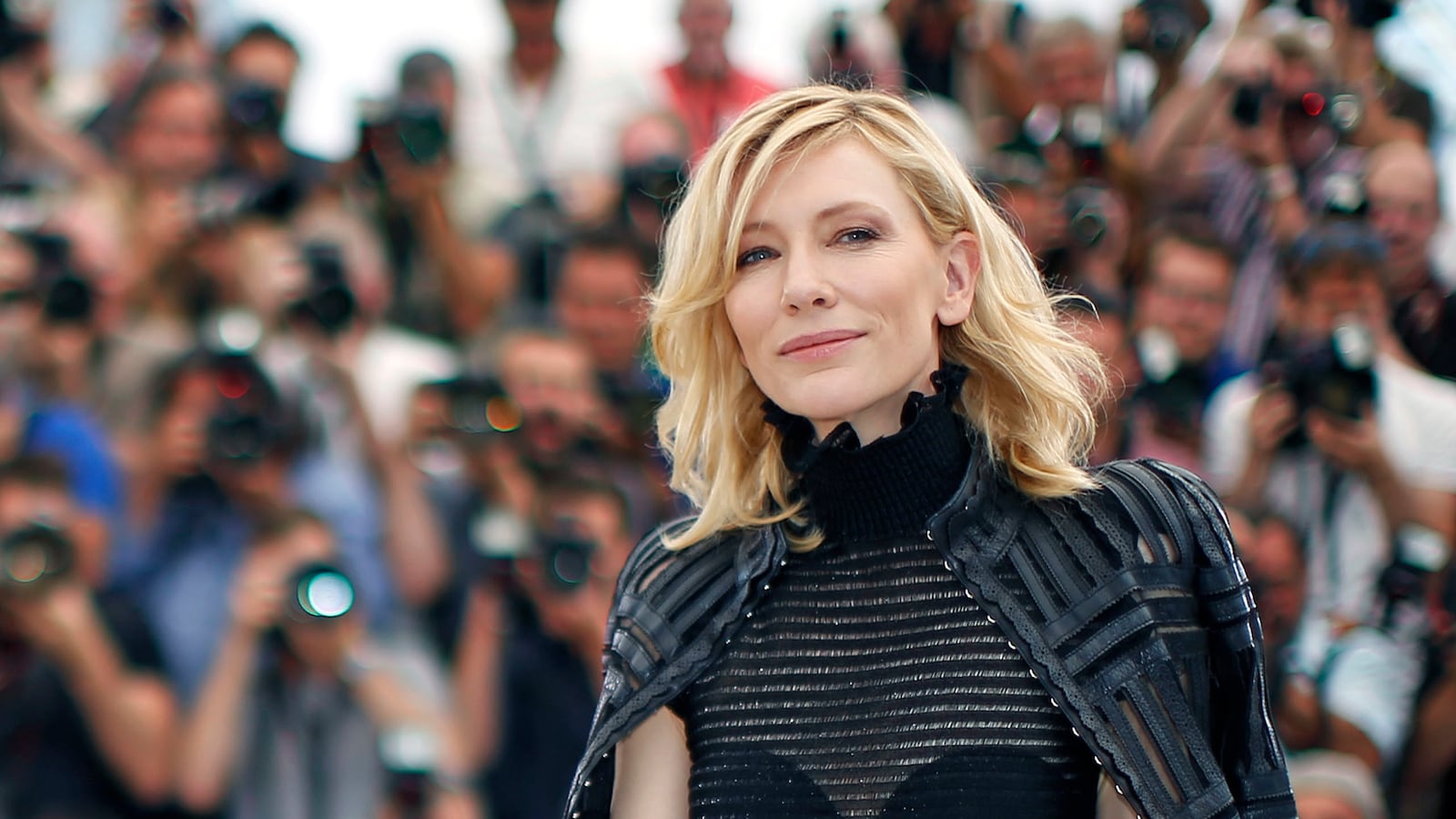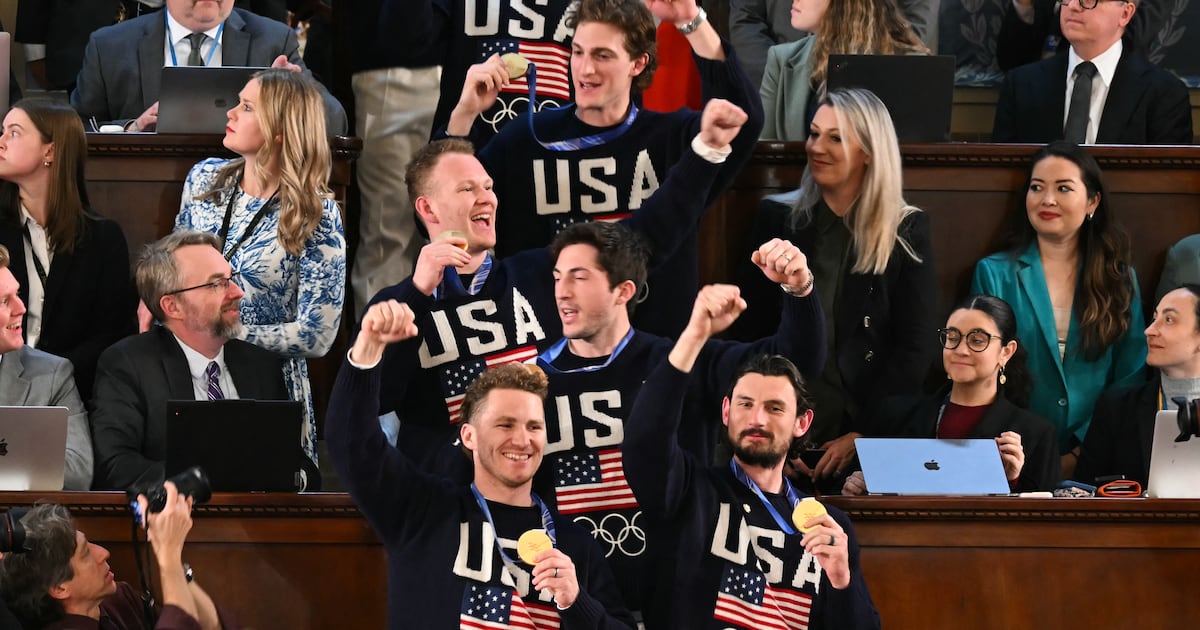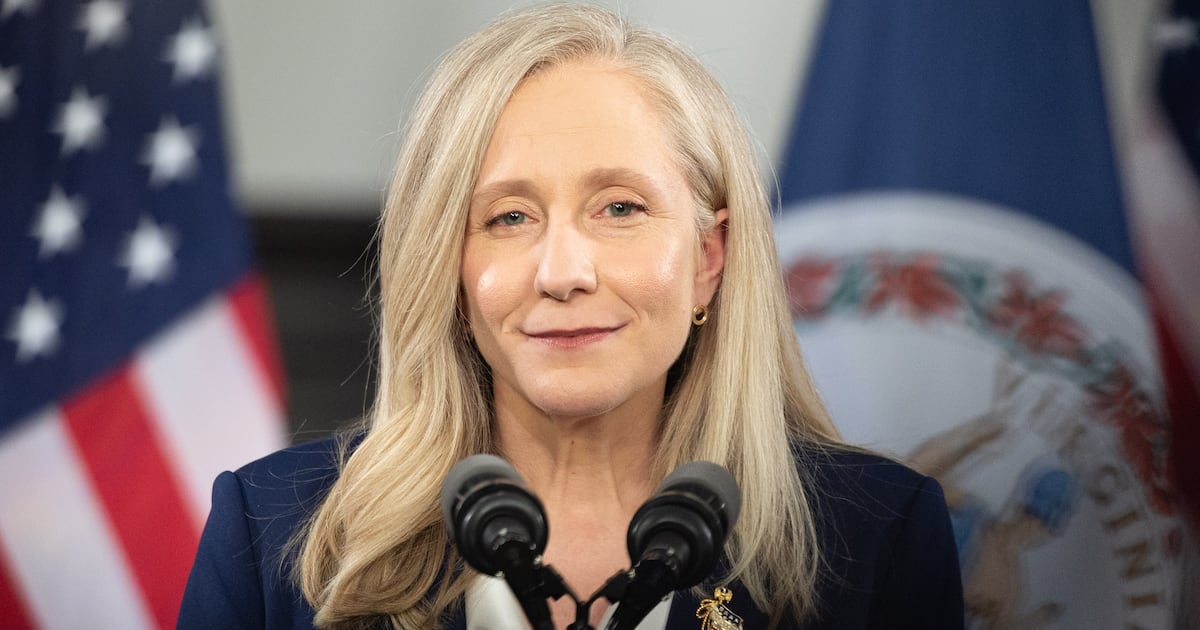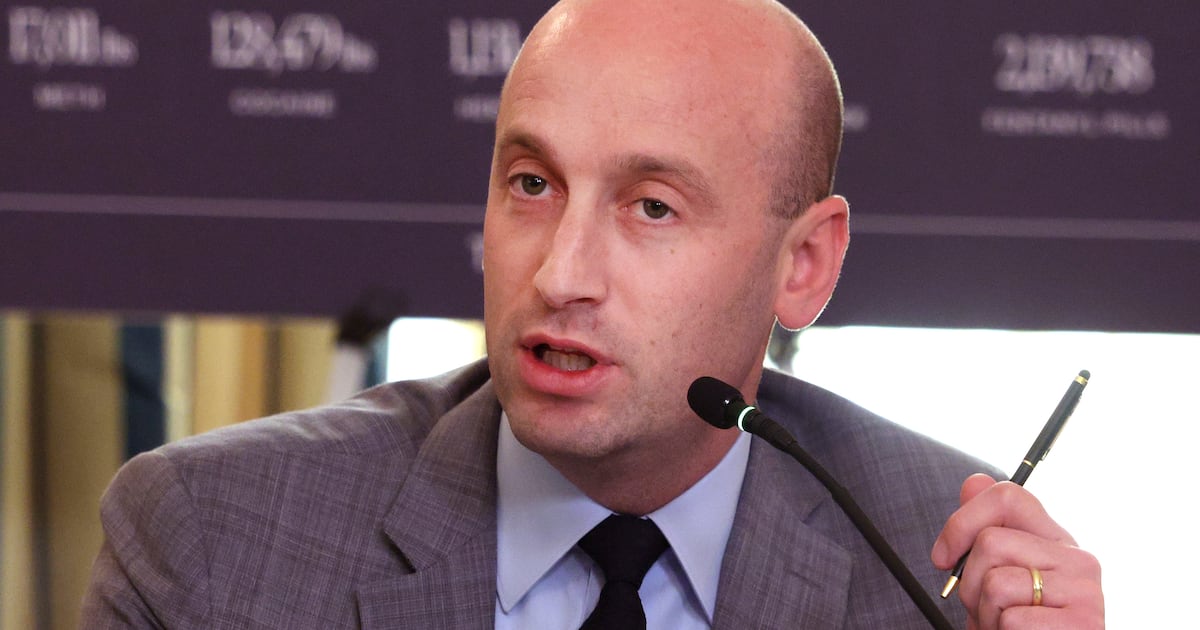Envision an era when same-sex encounters were shameful secrets to be hidden at all costs. Imagine a time when homosexuality was still “the love that dare not speak its name,” a subject only discussed in hushed whispers and, even then, without the vocabulary to make sense of it.
You might be picturing a period much like the 1950s setting of Cannes darling Carol, but the above description could just as easily be applied to attitudes toward homosexuality in present-day Hollywood.
Todd Haynes’s adaptation of Patricia Highsmith’s lesbian romance novel The Price of Salt is the latest in a series of prestige films exploring same-sex romance in the repressive atmosphere of mid-20th century homophobia.
Brokeback Mountain, A Single Man, The Imitation Game, and now Carol—these are all stories enhanced by the cultural constraints of their pre-Stonewall settings.
Hollywood’s continuing obsession with the closet is ironic—but perhaps also fitting—given how closeted Hollywood itself seems to be. And the mystery surrounding Cate Blanchett’s discussion of her own sexuality is just the latest example of a growing disjuncture between Hollywood’s boldness around LGBT issues in film and its shyness surrounding potential queerness within its own ranks.
Blanchett plays the eponymous Carol in Haynes’s film, a mother going through a divorce whose infatuation with a younger woman, Therese (Rooney Mara), could jeapordize her claim for custody.
An advance clip of the film shows the pair dining out, their flirtatious conversation more subtext than text, with Blanchett delivering a particularly smoldering read of the line, “I’m starved.”
But the subtle power of Blanchett’s performance has been undercut by speculation about her own sexual orientation and her own responses to it.
The star was briefly declared to be bisexual by an over-eager Internet last week after she told Variety’s Ramin Setoodeh that she has had relationships with women “many times.”
At a subsequent Cannes press conference, however, Blanchett, who is married to a man, insisted that she was misquoted, saying that after answering, “Yes, many times,” she had followed up with “Do you mean have I had sexual relationships with women? Then the answer is no.”
“But that obviously didn’t make it,” Blanchett quipped and the audience laughed it off as a case of clickbait gone awry.
Setoodeh, however, stands by his reporting and insists the star was “accurately quoted.”
Beyond that puzzling contretemps, other remarks about Carol at the Cannes presser fall in line with a Hollywood establishment that’s not nearly as brave as its own films: an industry that almost admires the repressive dark ages that it repeatedly depicts.
It doesn’t matter whether or not Blanchett is bisexual, but it does matter that Hollywood actors continue to shy away from frank discussions of sexuality in their profession.
When addressing Carol’s period setting, Blanchett noted that her character’s love affair predates the emergence of contemporary lesbian culture: “That’s also important to remember: those labels, those groups, the comfort of them, didn’t exist then. The resultant isolation was very important.” Based on this comment alone, Blanchett understands how vital the emergence of gay identity and community has been for people who were in Carol’s position not long ago.
“It’s important to talk about,” she added later on, in a conversation about the criminalization of homosexuality around the world.
And then in the same conference, Blanchett implicitly suggested that silence around gay identity would be the ideal in an imagined liberal future: “[My character’s] sexuality is a private affair. What often happens these days is, if you are homosexual, you have to talk about it constantly, the only thing, before your work. We’re living in a deeply conservative time.”
It’s certainly true that actors who come out shouldn’t be required to talk about their sexuality before their craft—coverage of Ellen Page’s career, for example, has taken a sharp left turn into lesbian-land since she came out last year, with her actual work receiving less attention.
But there’s also a sense in which “talk[ing] about it” regularly, if not constantly, might be necessary to edge a “deeply conservative” industry like Hollywood forward. We can’t skip directly from the forced silence of the 1950s to the hypothetical, liberating silence of the 2050s without having a conversation first.
There’s a worrying romantic undertone, too, in the way that Blanchett talks about Carol, as if the character’s inability to articulate her own sexual identity would be ideal if only privacy rather than homophobia were the reason for it.
In Hollywood, however, it is still homophobia—whether internalized or otherwise—that looms large as the reason why many actors keep their sexuality private.
And Blanchett is right to observe that we’re “living in a deeply conservative time,” not because actors are talking about their sexuality above their work but because actors so rarely talk about sexuality at all.
We’re living in a time when John Travolta’s alleged homosexuality is treated as an open secret in the industry but the actor refuses to address it.
We’re living in a time when Jodie Foster’s baffling coming out speech at the 2013 Golden Globes didn’t even include the words “gay” or “lesbian,” even though she went on to legally marry her girlfriend a year later. And we’re living in a time when the few Hollywood stars who do come out end up getting pushed out of the industry altogether—remember when Rupert Everett was a leading man and how that suddenly stopped after he came out?
In 2009, he bluntly told The Daily Beast why his Hollywood roles had waned: “There is just very little opportunity for a f*g. That’s the reality.”
Rock Hudson was officially outed around the time of his death in 1985 and 30 years later, too little has changed. Another generation of Hollywood stars seems determined to hang on to their sexual secrets as long as possible or to only divulge them late in life, after their star status is no longer in danger.
Perhaps in a century, a 2015 period piece will premiere at the Cannes Film Festival about a secret love affair between a Hollywood actor and his paramour while his publicist tries to land him a once-in-a-lifetime role.
For now, however, Hollywood is content to mine the ’40s, ’50s, and ’60s to create its gay dramas, seemingly unaware of how closely its own culture resembles the very periods it presents as politically retrograde.
Last year, The Imitation Game producers shamelessly tried to position the film as a pro-LGBT statement during Oscars season, despite the fact that the film’s portrayal of Alan Turing’s homosexuality is sparse at best.
The promotional machinery surrounding Carol is already being put into motion; Phyllis Nagy, the film’s screenwriter, contends that the film’s very existence will be a “huge political statement.”
That could very well turn out to be the case. But until Hollywood starts practicing what it preaches, these period pieces may make for compelling cinema but they also function, in part, as easy historical targets for an industry that needs to confront its own culture of silence surrounding sexuality.
In the Cannes press conference, Blanchett ultimately deflected the questions about her own sexuality by suggesting that it should not be important: “But in 2015, the point should be: Who cares? Call me old-fashioned but I thought one’s job as an actor was not to present one’s boring, small, microscopic universe but to make a psychological connection to another character’s experiences.”
Whatever the truth of Blanchett’s Variety interview, her sexuality is hers alone and discussing it remains her prerogative. But in 2015, maybe we should care if she were bisexual, not out of mere curiosity, but out of a desire to see Hollywood actors be as daring and declarative as their films.






